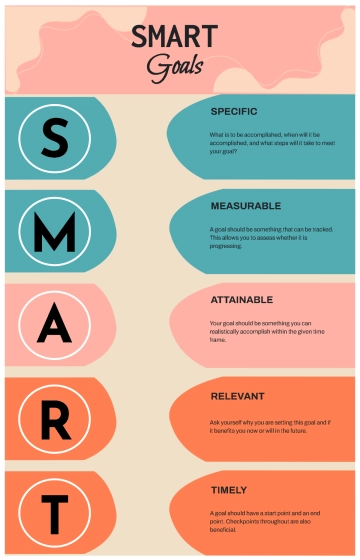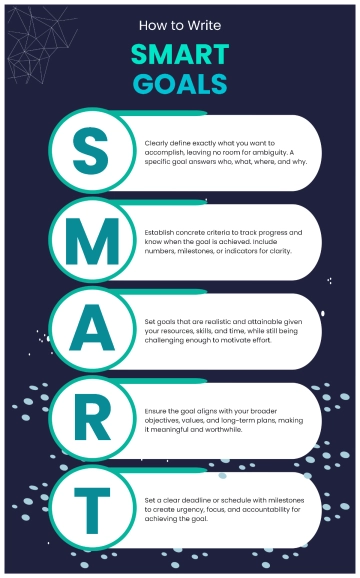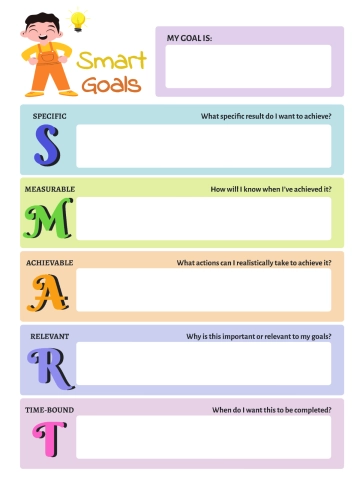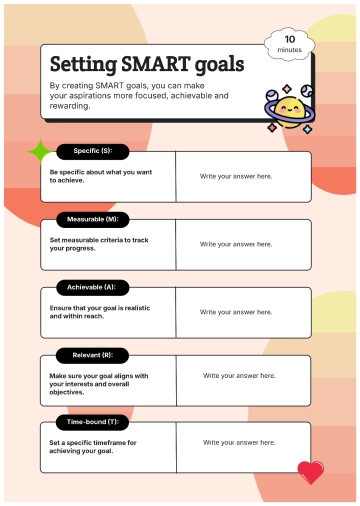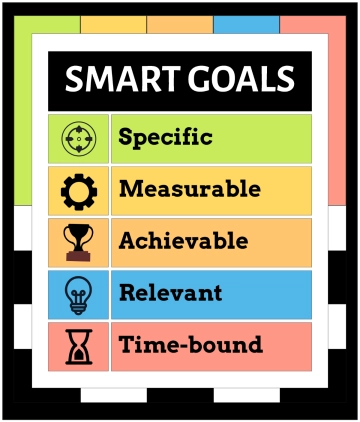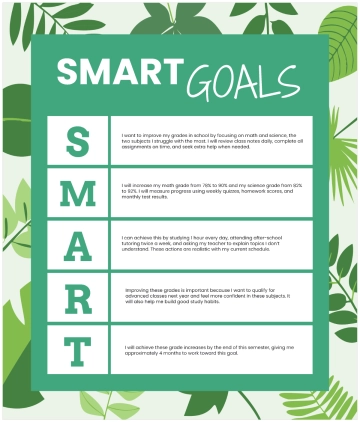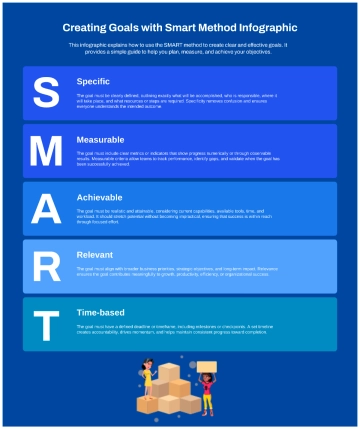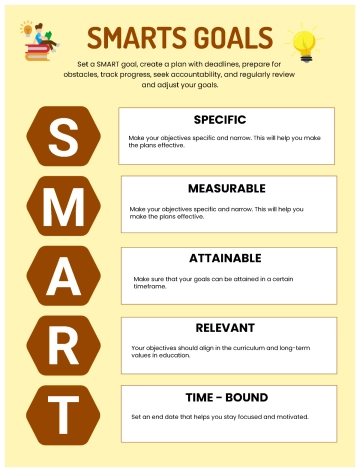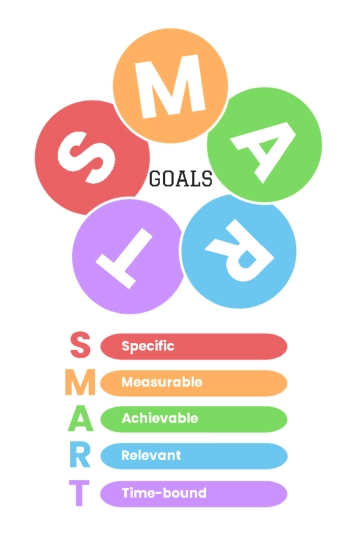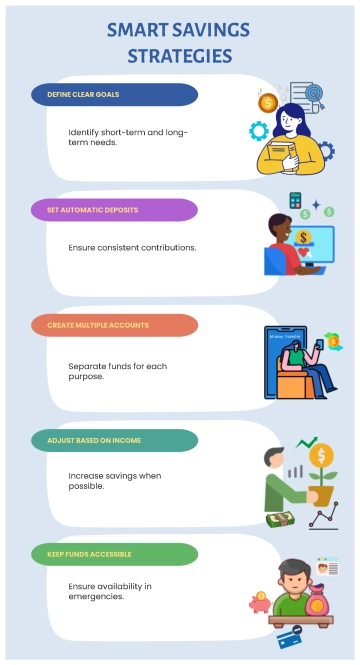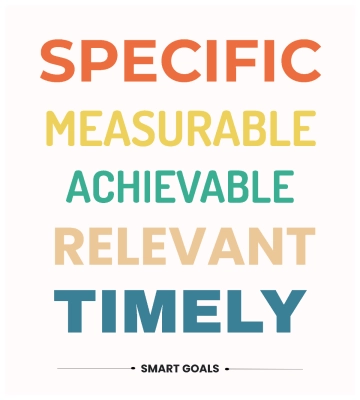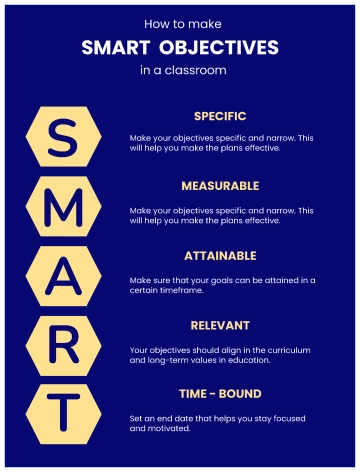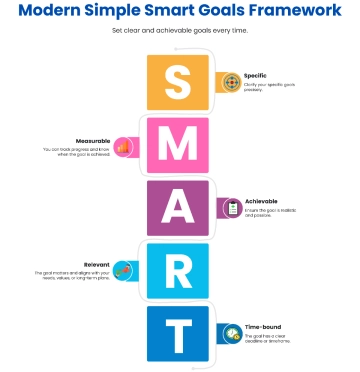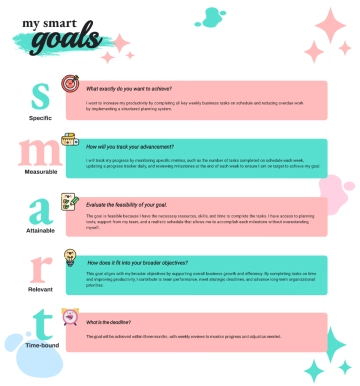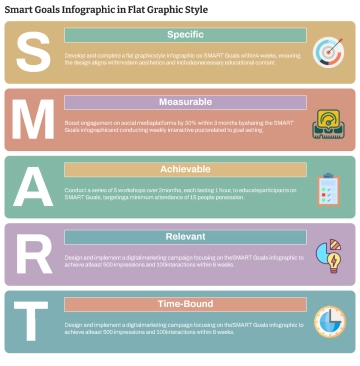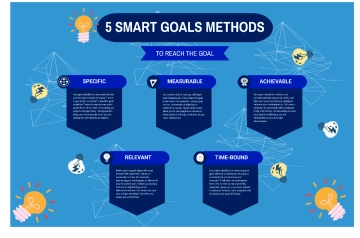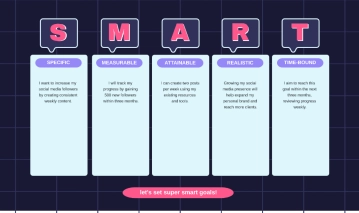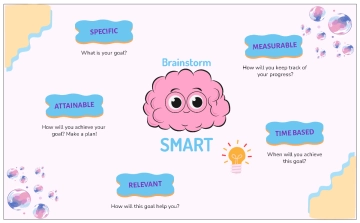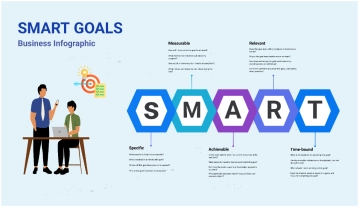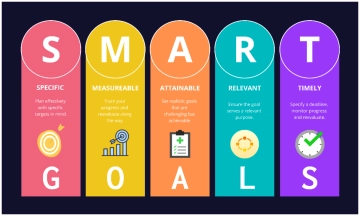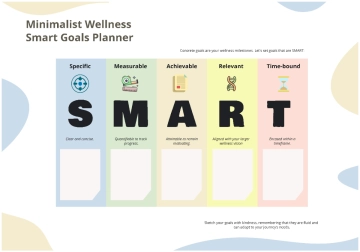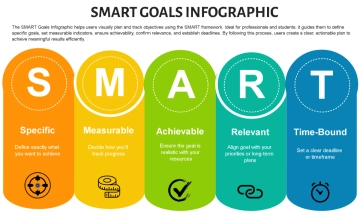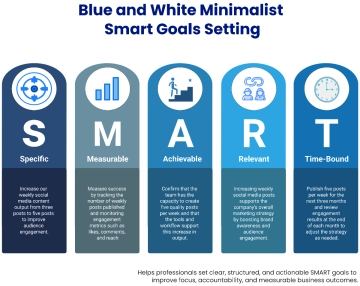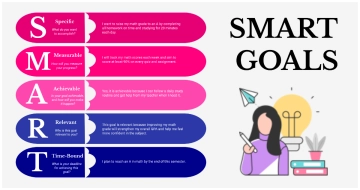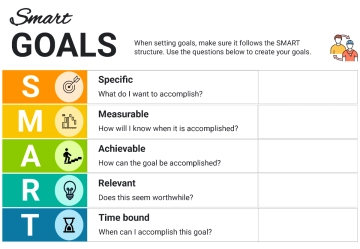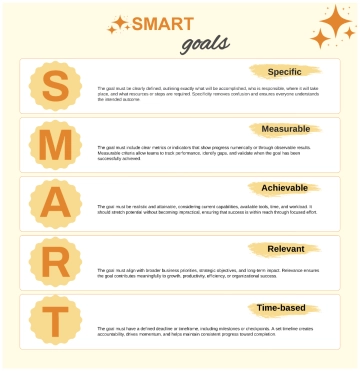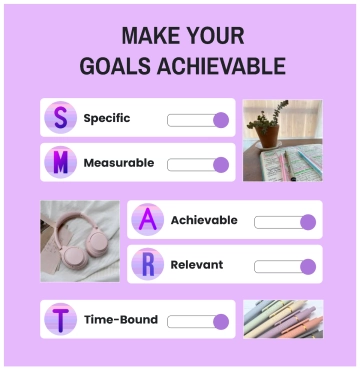Free SMART Goals for Work-Life Balance
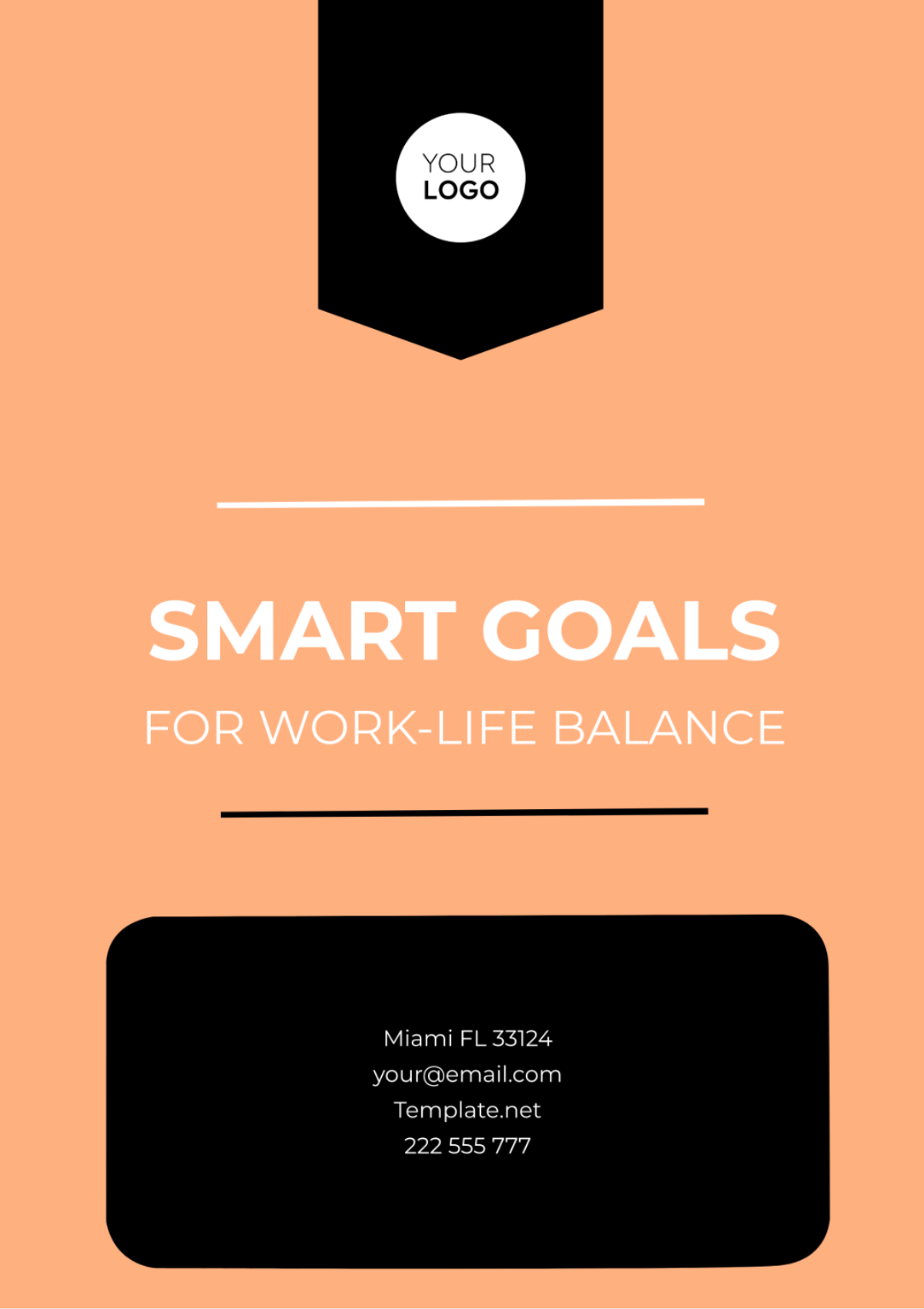
Prepared by: [YOUR NAME]
Company: [YOUR COMPANY NAME]
Objective:
To establish and maintain a healthy work-life balance by implementing specific, measurable, achievable, relevant, and time-bound (SMART) goals and action plans. This includes assessing current time management practices, setting realistic time blocks for [WORK-RELATED TASKS] and [PERSONAL ACTIVITIES], prioritizing tasks based on importance and urgency, and remaining adaptable to changes in [WORKLOAD]. Implementing accountability measures like self-monitoring, feedback, and regular check-ins, will promote balance, well-being, and productivity and prevent burnout.
SMART Goal:
Initial | Initial Meaning | Description |
|---|---|---|
S | Specific | Allocate specific time blocks for [WORK-RELATED TASKS] and [PERSONAL ACTIVITIES], ensuring a balanced schedule. |
M | Measurable | Measure time spent on [WORK-RELATED TASKS] and [PERSONAL ACTIVITIES] to ensure adherence to allocated time blocks. |
A | Achievable | Ensure that the allocated time blocks are realistic and attainable within the constraints of work and personal commitments. |
R | Relevant | Ensure that the time allocation aligns with both work and personal priorities, promoting overall well-being and productivity. |
T | Time-bound | Set specific time frames for each allocated time block, ensuring accountability and effective time management. |
Action Plan:
Assessment: Evaluate current time management practices and identify areas where improvements can be made to achieve a better work-life balance.
Goal Setting: Determine the specific time blocks needed for [WORK-RELATED TASKS] and [PERSONAL ACTIVITIES], considering factors such as peak productivity hours and personal preferences.
Time Blocking: Allocate designated time slots in the schedule for different tasks and activities, ensuring a balance between work and personal life commitments.
Prioritization: Prioritize important and urgent tasks, reserving adequate time for both critical work and personal wellbeing.
Adaptability: Stay adaptable and ready to alter your schedule when necessary, allowing for changes in your workload or personal situations.
Accountability:
Self-monitoring: Regularly track time spent on [WORK-RELATED TASKS] and [PERSONAL ACTIVITIES] to ensure adherence to allocated time blocks.
Feedback: Seek feedback from trusted peers, mentors, or colleagues on time management strategies and adjust as necessary to improve effectiveness.
Check-ins: Schedule regular check-ins with oneself to assess progress towards achieving a balanced schedule and make necessary adjustments.
Notes:
Consistency: Establish a consistent daily routine that incorporates designated time blocks for work and personal activities to foster consistency and habit formation.
Boundaries: Set clear boundaries between work and personal life to prevent tasks from spilling over and maintain a healthy balance between the two domains.
Self-care: Prioritize self-care activities within the allocated time blocks to promote physical and mental well-being and prevent burnout.
- 100% Customizable, free editor
- Access 1 Million+ Templates, photo’s & graphics
- Download or share as a template
- Click and replace photos, graphics, text, backgrounds
- Resize, crop, AI write & more
- Access advanced editor
Introducing the Subject For SMART Goals Template for Work-Life Balance, exclusively from Template.net. This editable and customizable template empowers you to define specific, measurable goals for achieving harmony in your professional and personal life. Crafted for efficiency, it's editable in our Ai Editor Tool, ensuring seamless customization. Prioritize balance today!
